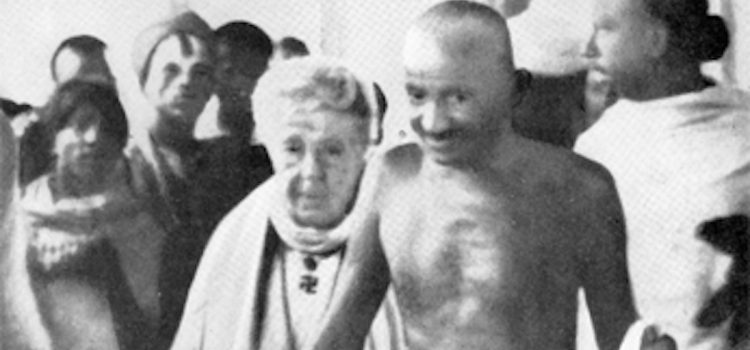Why do some people regard certain groups as criminals or terrorists? Why is Alexandria Ocasio-Cortez criticized? In Mediocre, Ijeoma Oluo provides an eye-opening exploration of white male supremacy in the United States. She discusses the mythology of violence, examines the monopoly on power, and uncovers the tactics used to maintain dominance. Read more to get Oluo’s take on the dynamics of white male supremacy.
White Male Supremacy: From Cowboys to Congress (Ijeoma Oluo)










